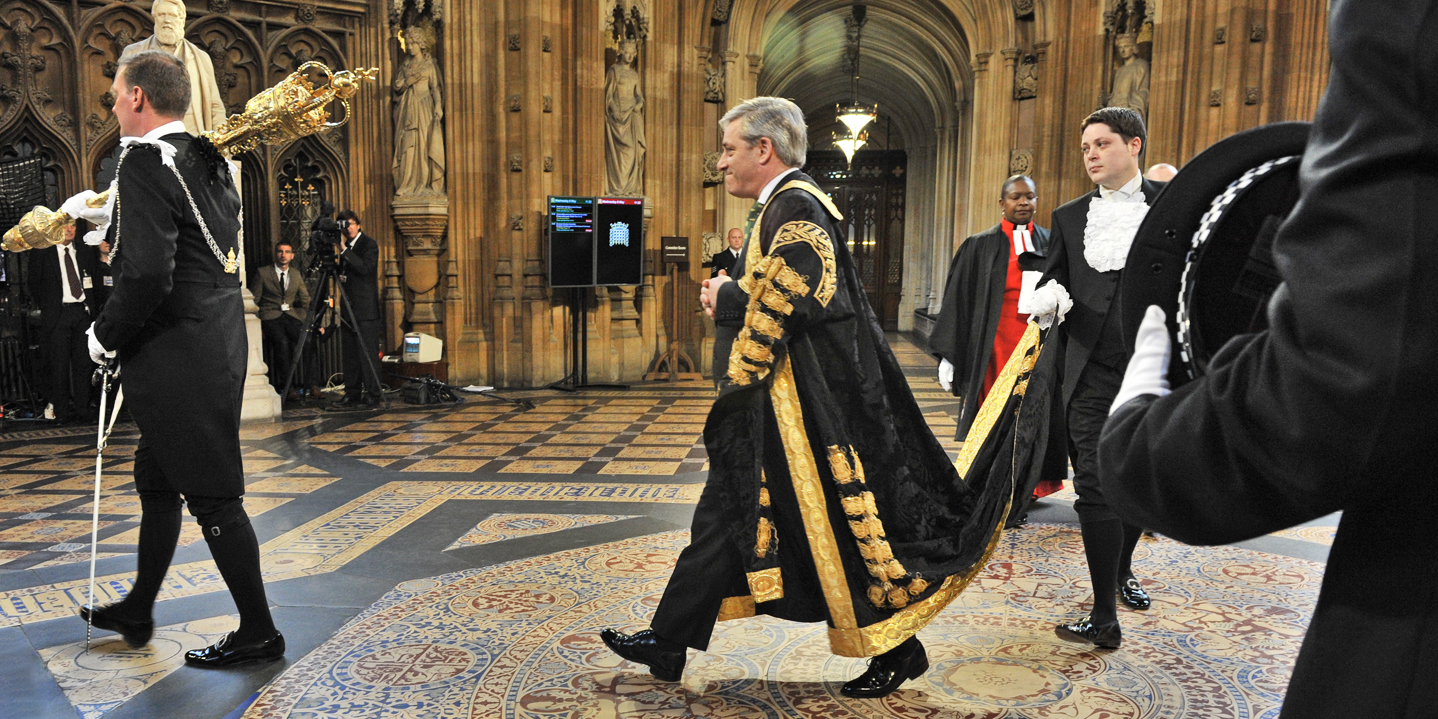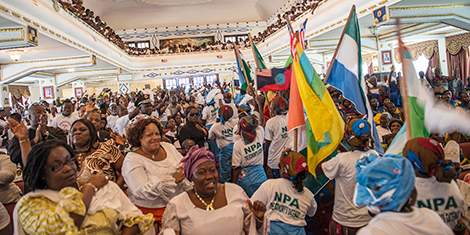Mediation Perspectives is a periodic blog entry that’s provided by the CSS’ Mediation Support Team and occasional guest authors.
In many cultures, the winter holidays are symbolized by shedding light onto darkness: Bright Christmas lights shine in dark alleyways and Hanukkah menorah candles are placed on windowsills of Jewish households. Scandinavian girls put a crown of candles on their heads; Iranians celebrate the triumph of the sun god Mithra over darkness on the longest night of the year in the Northern Hemisphere; while Peruvians celebrate the sun god Inti on the winter solstice in the Southern Hemisphere.





